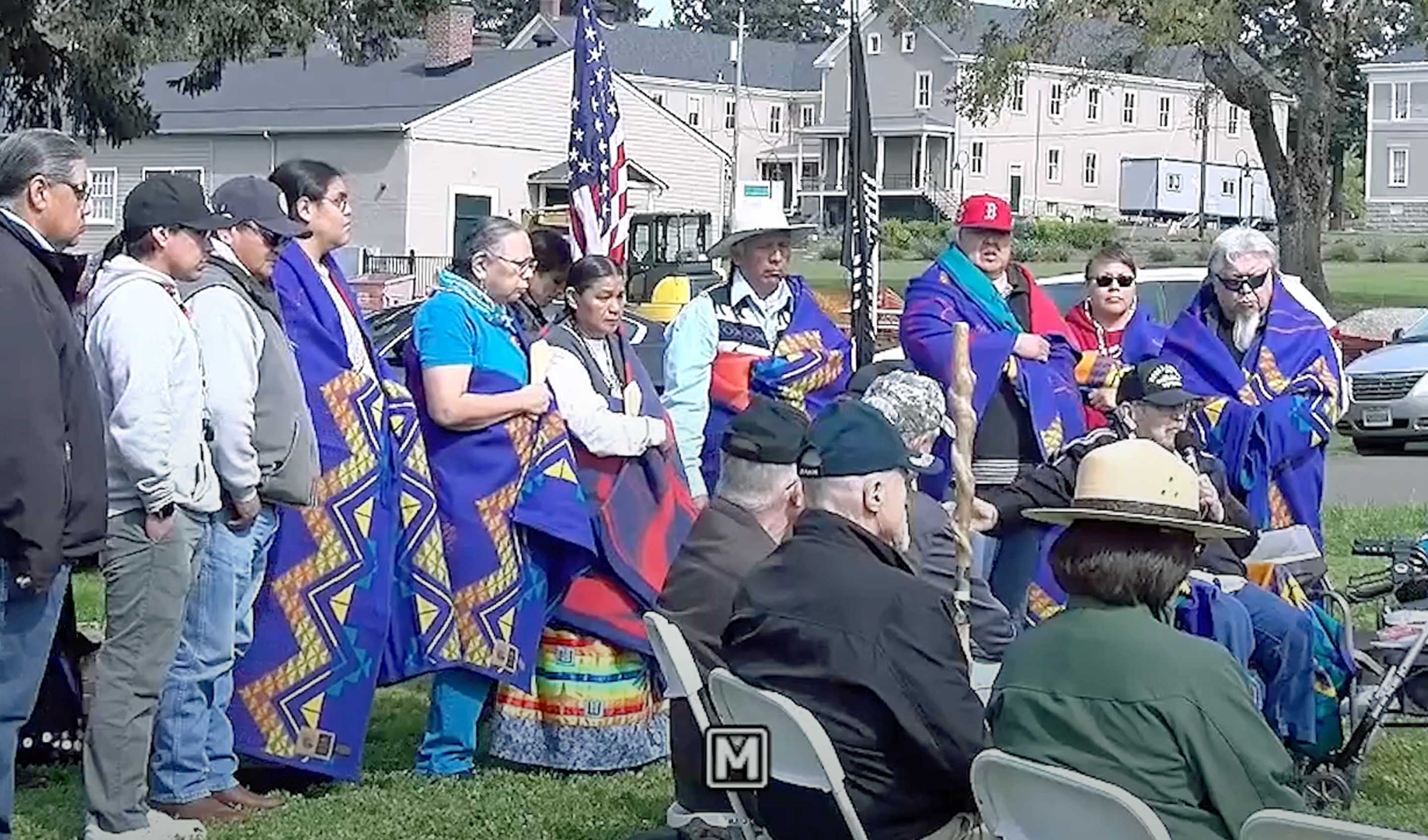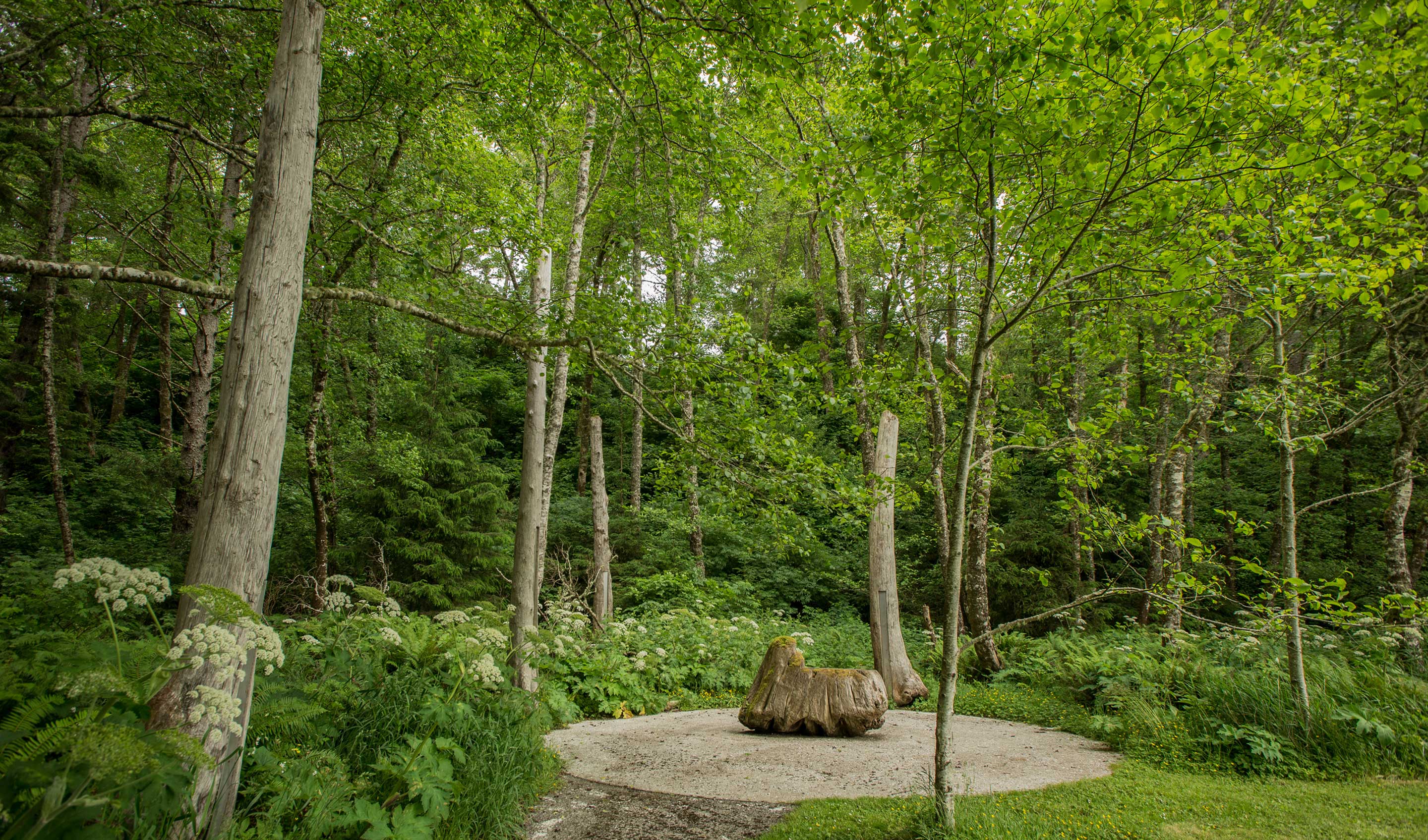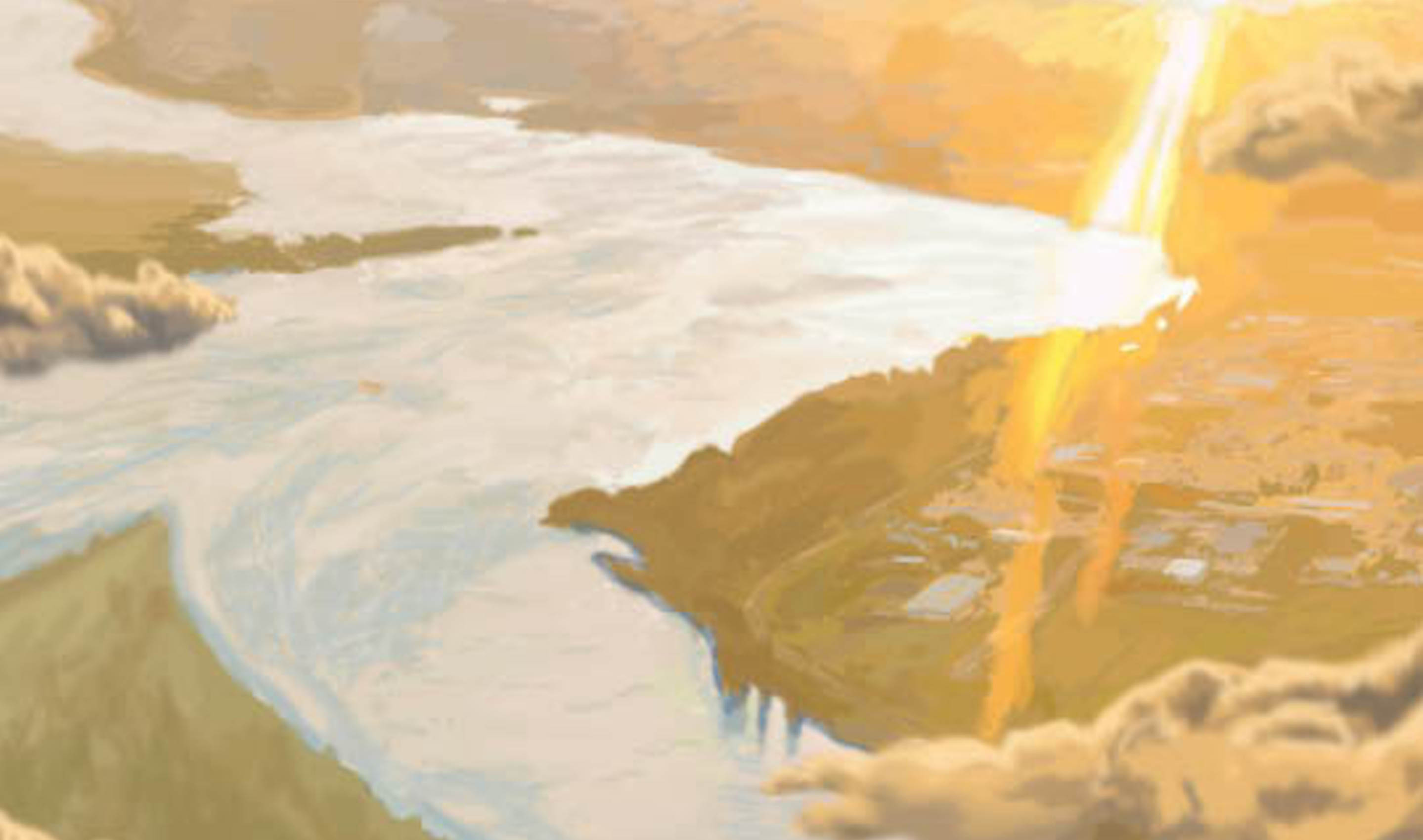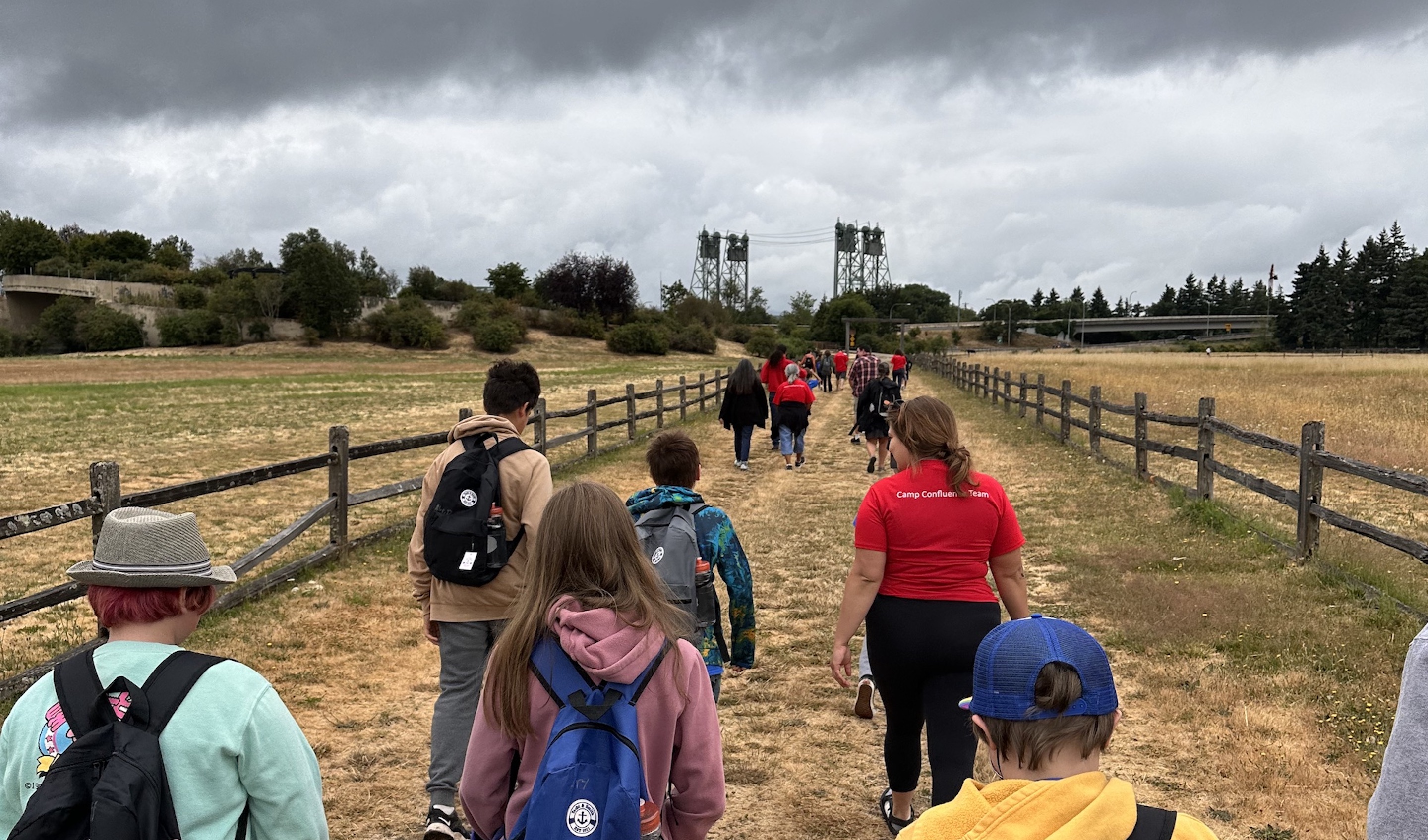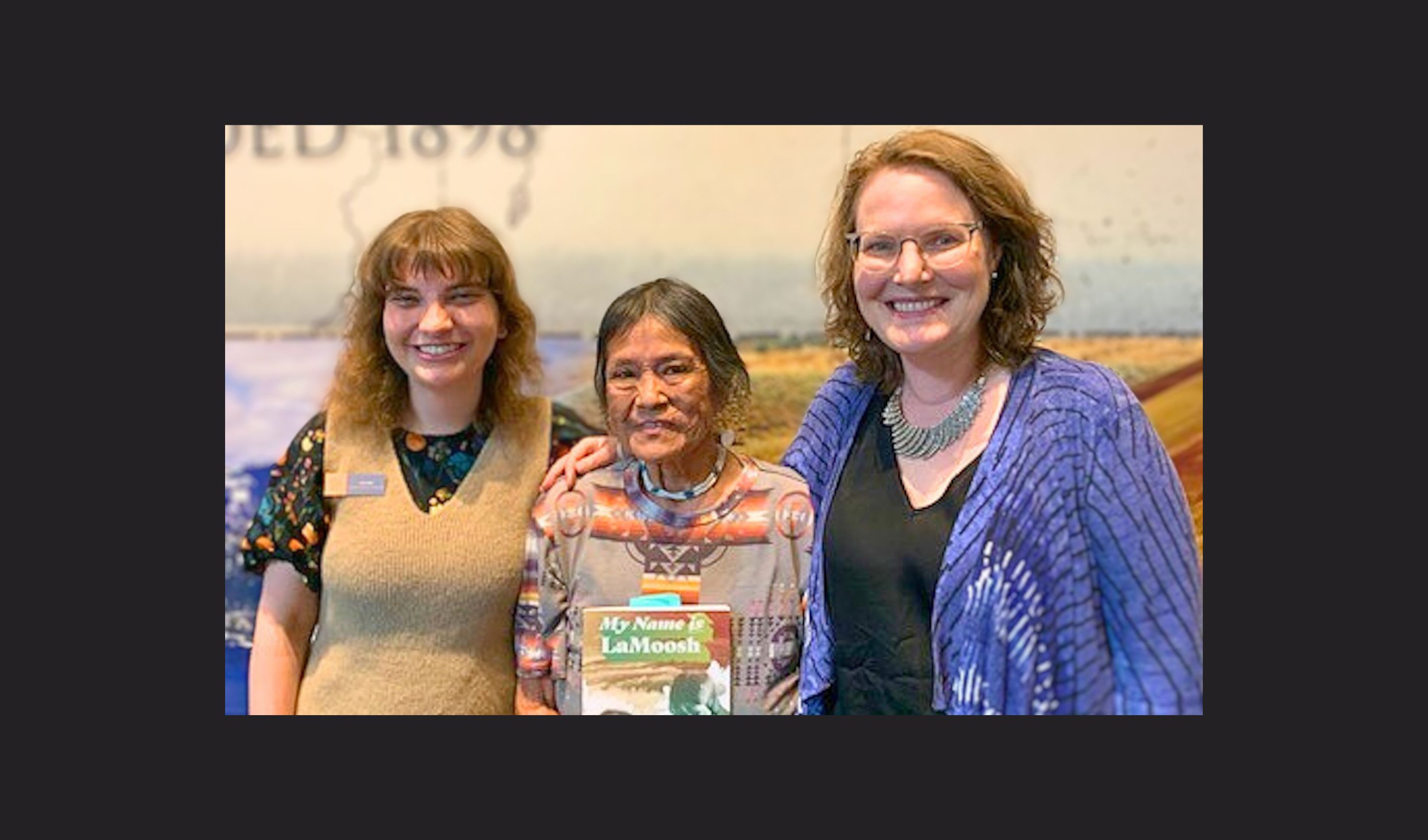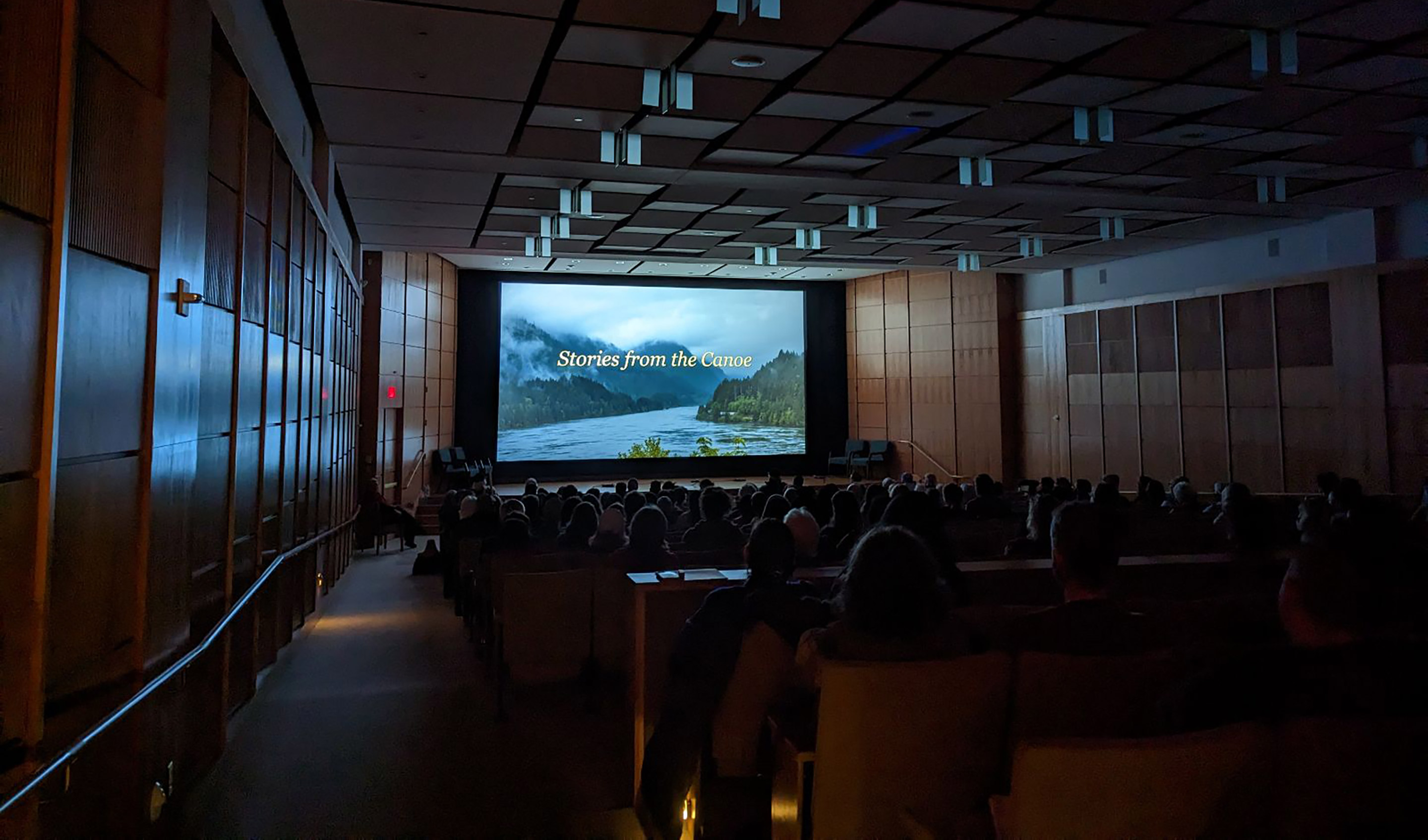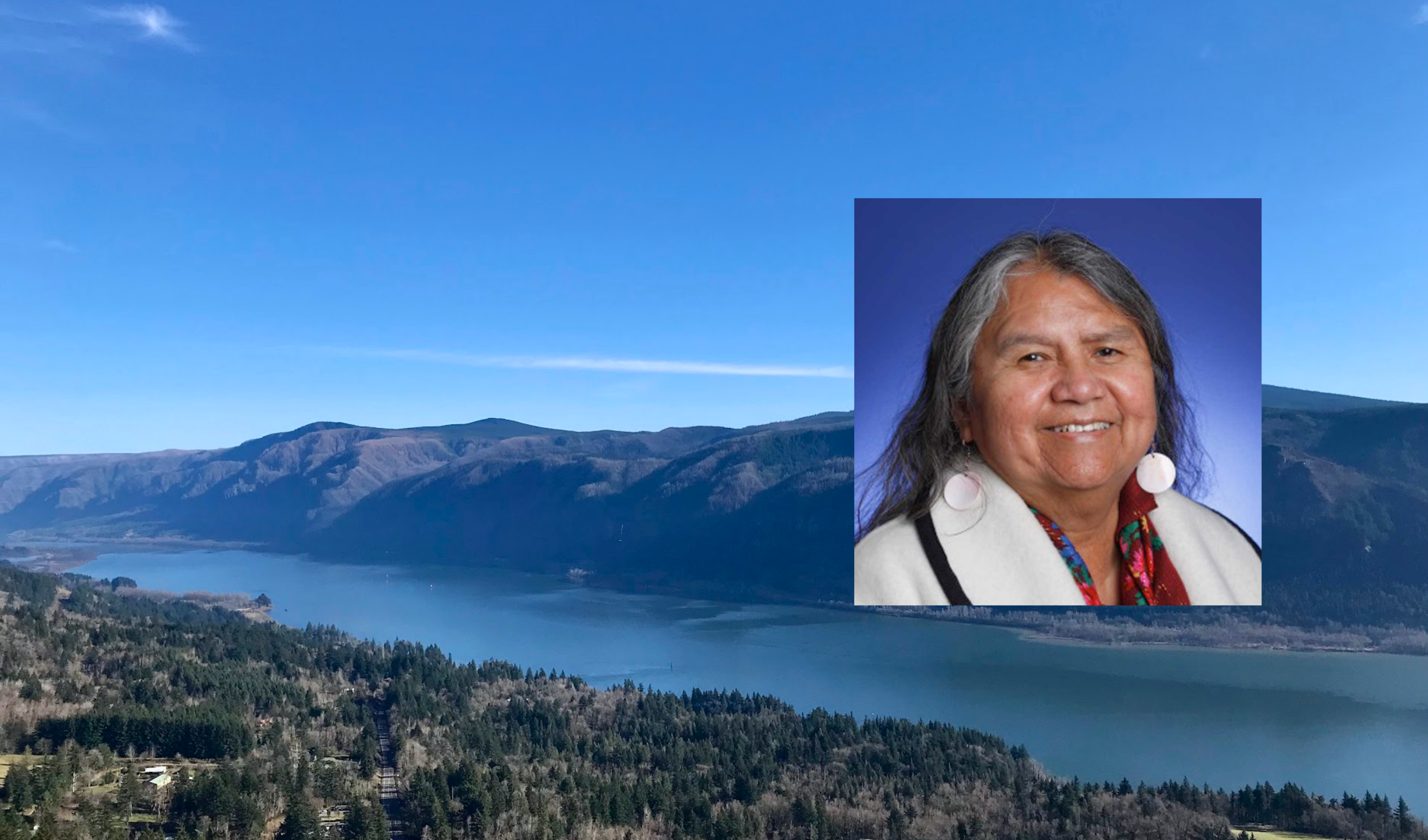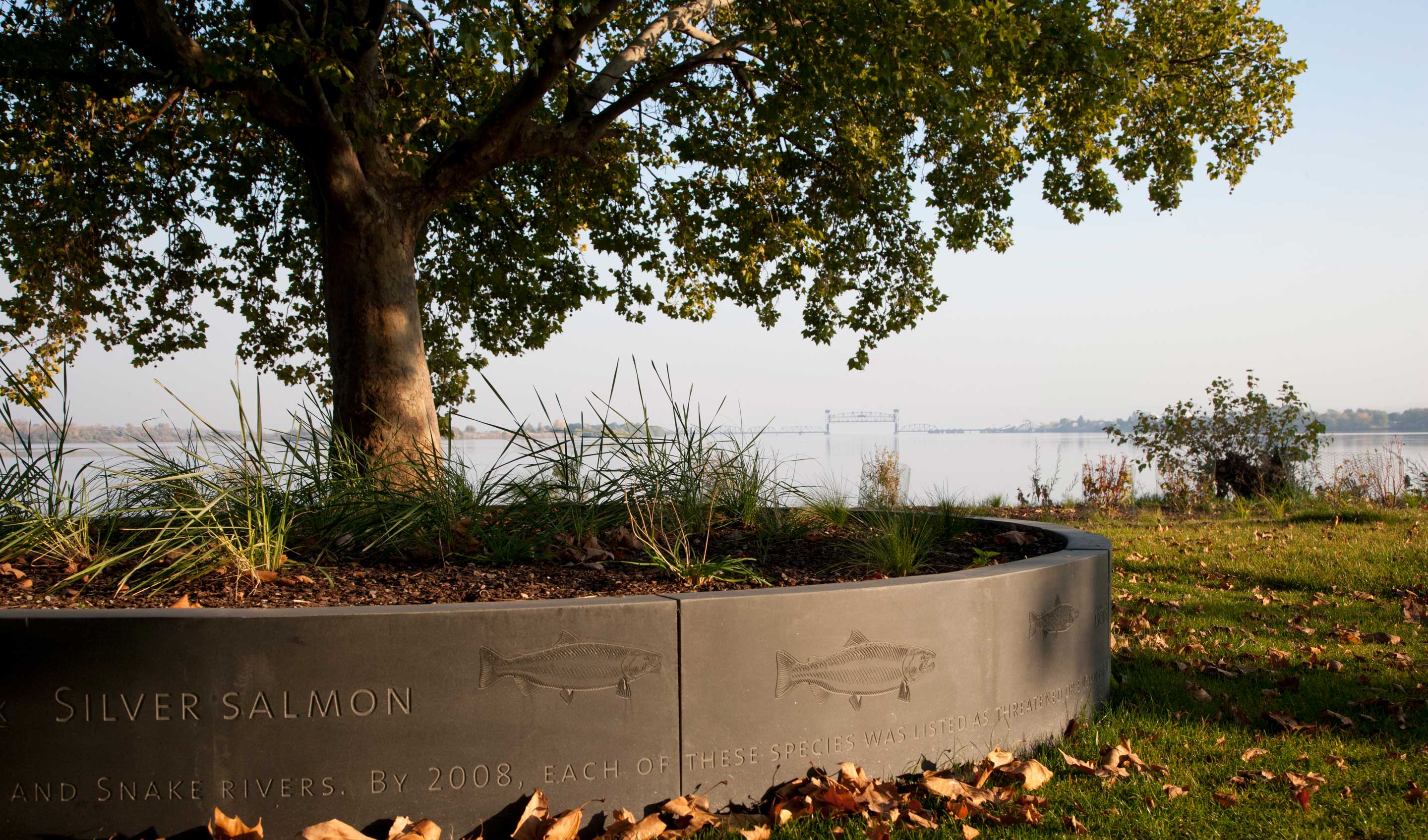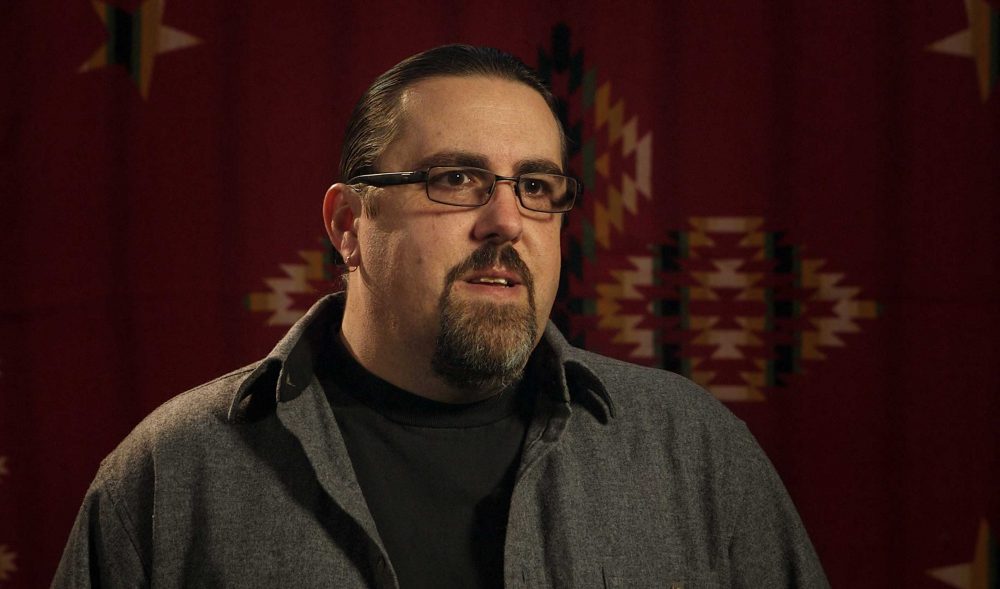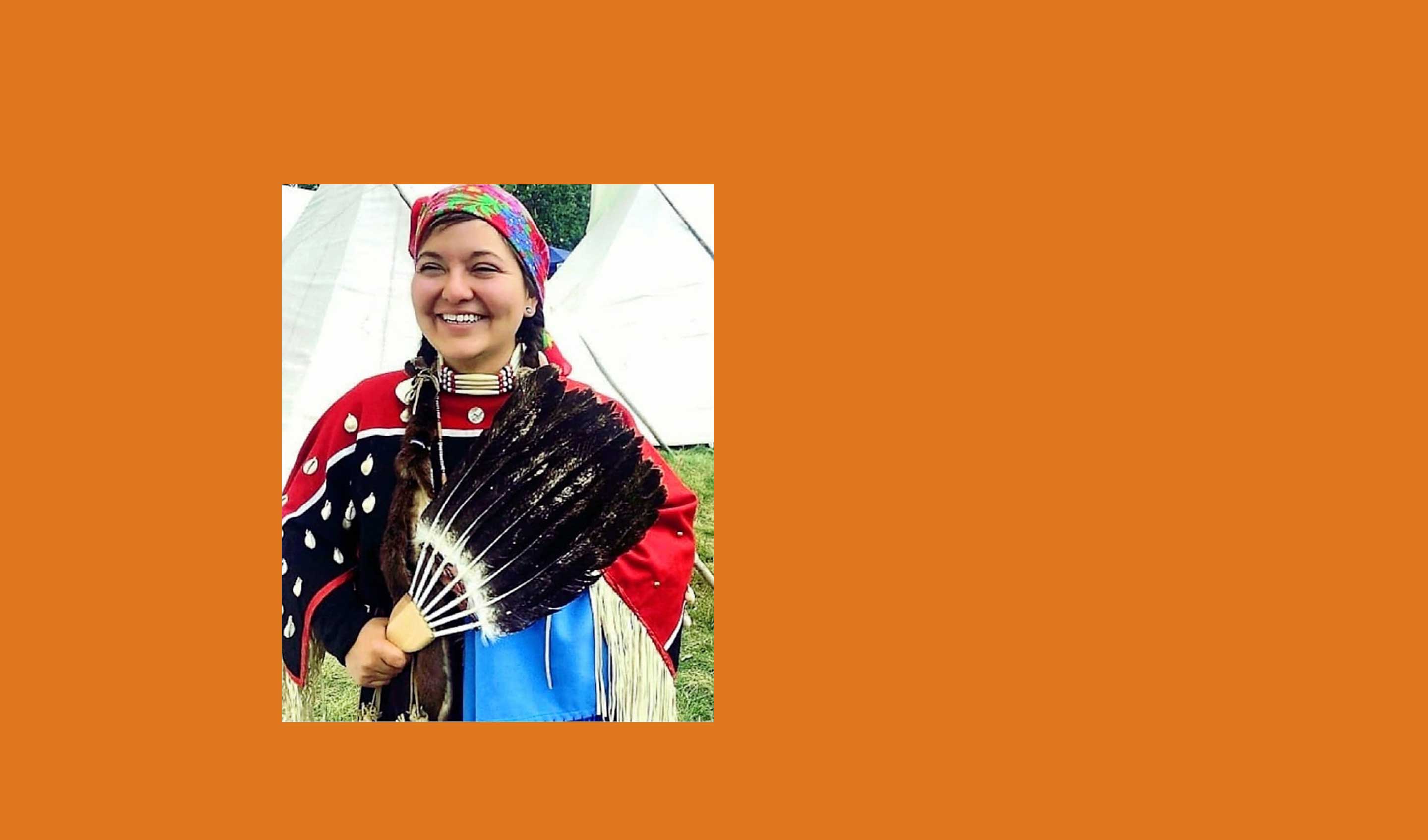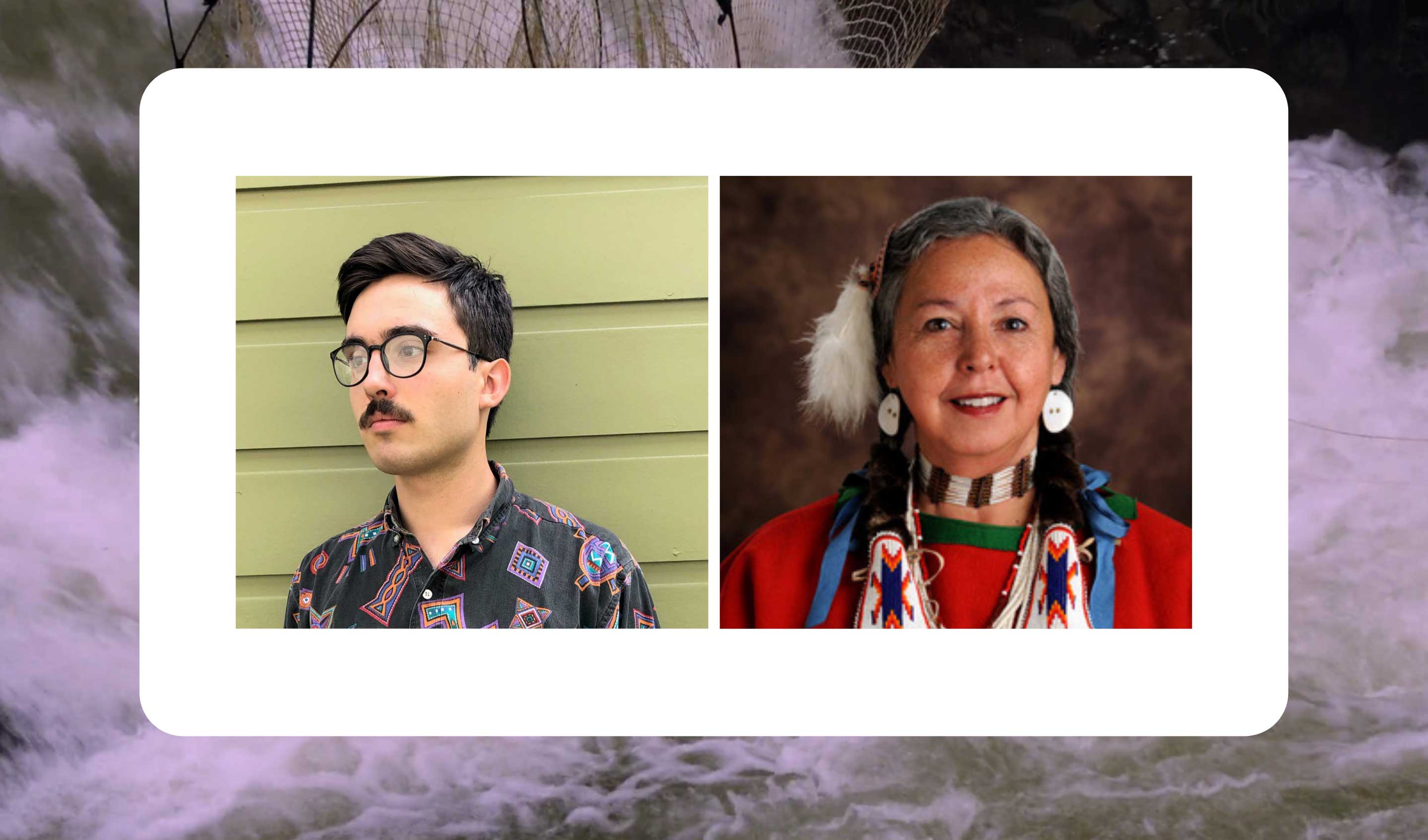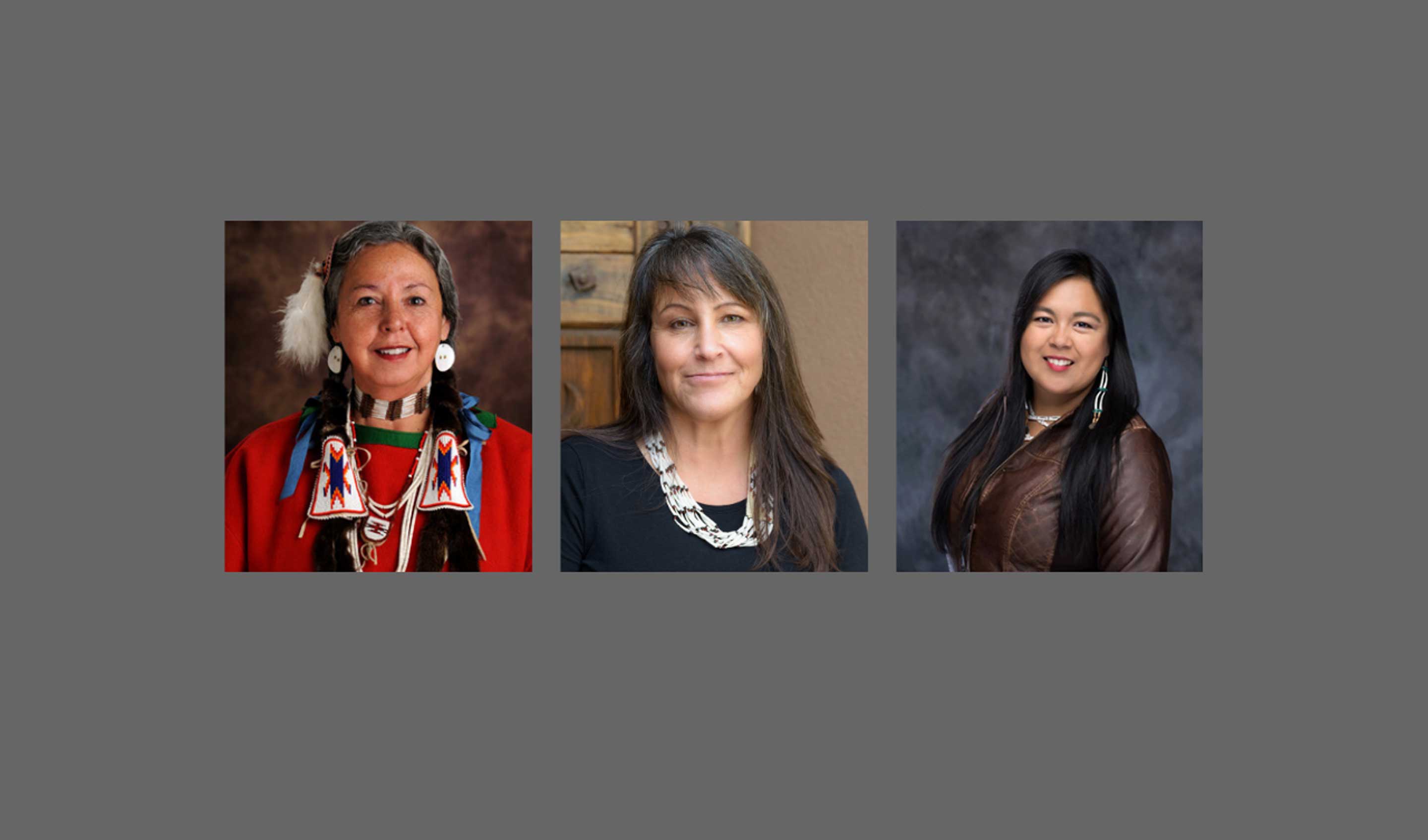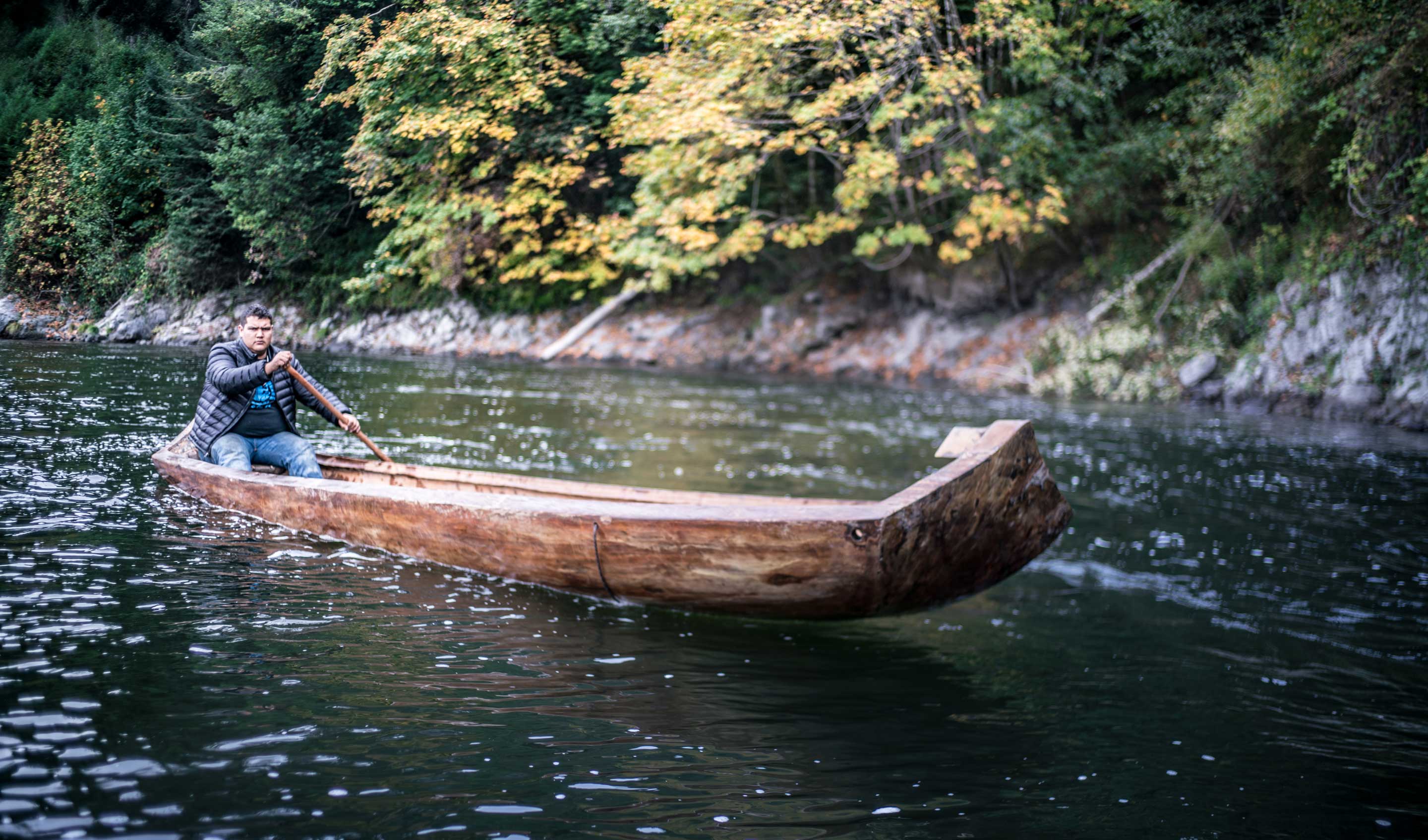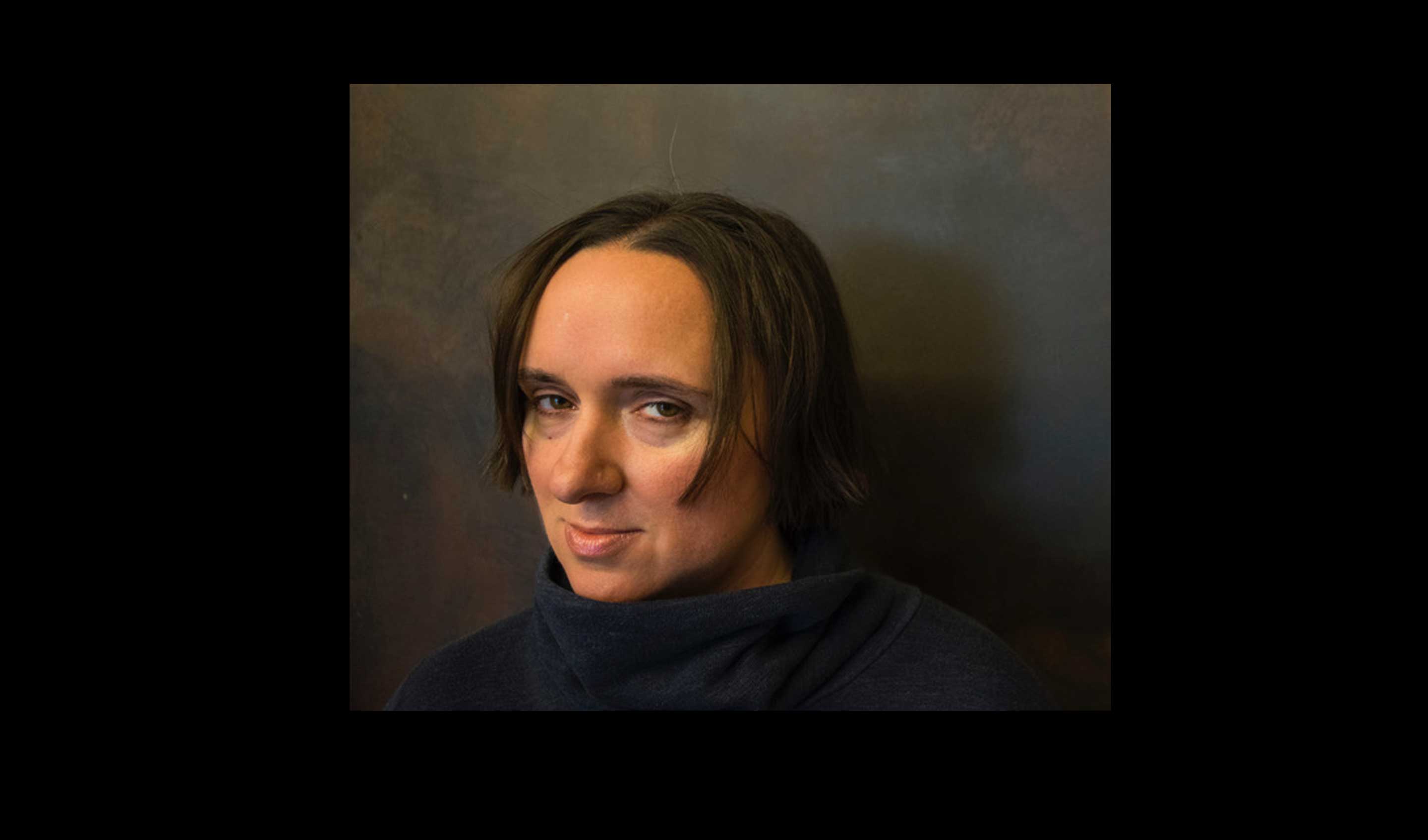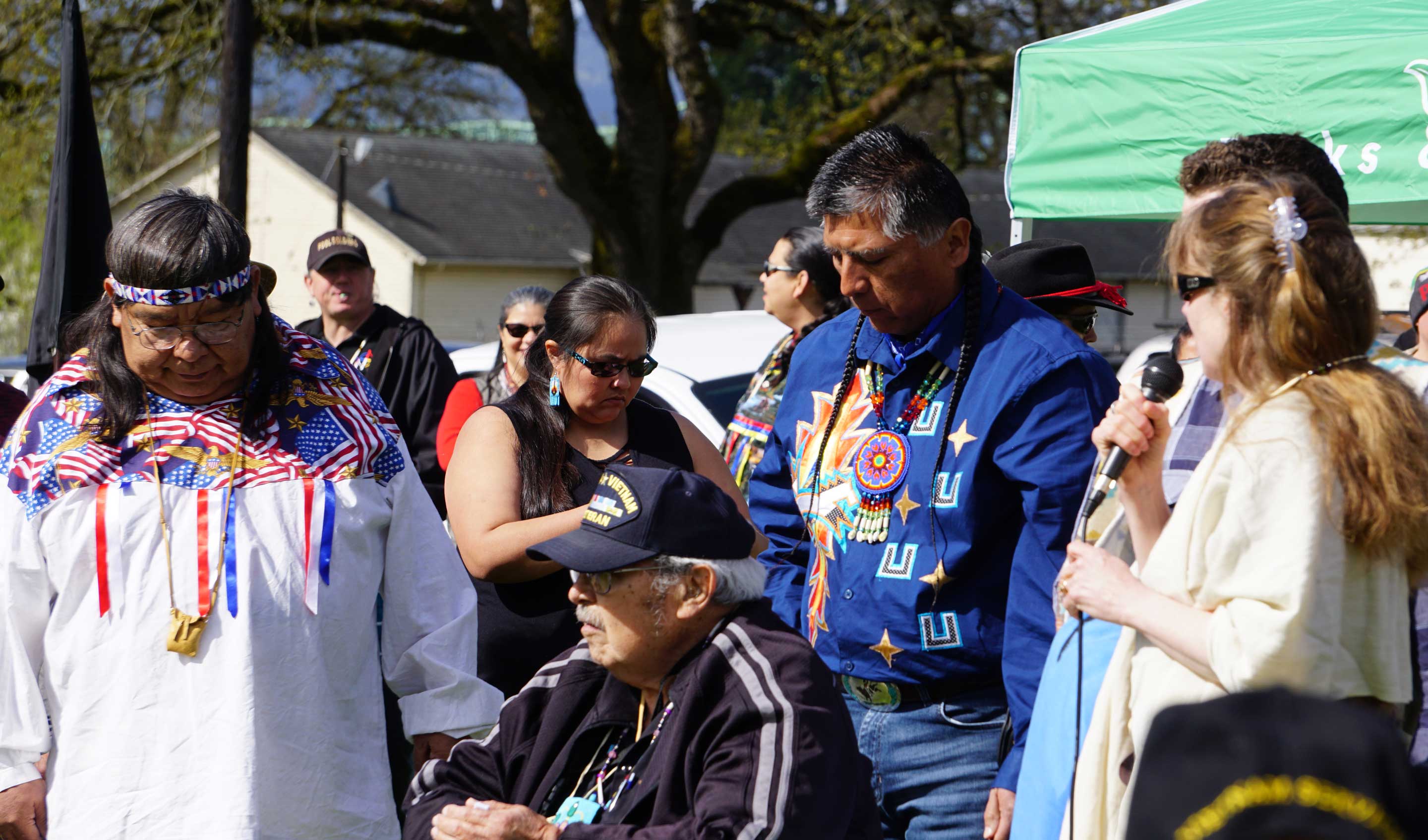Tag Result
tag: Confluence Podcast
Last month, more than 25 educators gathered in our first-ever Confluence conference. A culmination of the Confluence learning community, it was the first time many of the participants had met in person. Today, we’re talking with Confluence staff members Heather Gurko and Daria Martin Bigham and educators Kavika Kalama and Katherine Philips about the Confluence approach to education, which focuses on uplifting Indigenous voices.
Starting in 1998, the Nez Perce Tribe has hosted an annual memorial on the grounds of Fort Vancouver to honor the Redheart Band. This memorial and the history behind it is the subject of today’s program.
200 years after the Lewis and Clark journey, the first Confluence art installation was completed in 2006 at Cape Disappointment state park on the Washington state side of the river.
What is the legacy of dams on the Columbia River? What would be the benefit of restoring salmon to the Columbia and reviving the health of the river? These are the questions considered in the latest volume of the Confluence journal Voices from the River
In this episode, we talk with Tanna Engdahl, the spiritual leader for the Cowlitz Indian Tribe, located in Southwest Washington state
In November 2022, Confluence launched a new publication. Voices of the River journal features articles, stories, poetry and artwork by Native American writers and artists from Northwest Tribes. Confluence and its supporters celebrated the release of the inaugural issue of the journal during a launch party and panel discussion on November 18, 2022 at the Oregon Historical Society in Portland, which is shared here in podcast format.
In today’s episode, Confluence takes a look at our education program and how reciprocity appears in education. We’ll hear from Heather Gurko, Confluence Education Manager and three Confluence Educator.
A new children’s book by Warm Springs Elder Linda Meanus is hitting shelves this June, entitled My Name is LaMoosh. In today’s episode, we talk to Linda as well as Dr. Katy Barber (PSU) who supported her in this project.
Canoe culture has been integral to the Columbia River system’s Indigenous people since time immemorial. And Tribal canoes are still on the water today. In this episode of the Confluence Podcast, we hear from skippers from canoe families along the Columbia River.
On today’s episode, you’re going to hear something most people never get a chance to hear—extended excerpts of stories in a traditional Native language of the Northwest, specifically the Nimiipuu, or Nez Perce people. We’ll listen to Harry Slickpoo Jr. who is a traditional storyteller and member of the Nez Perce Tribe.
In this episode, we talk with Patsy Whitefoot. She’s an elder from the Yakama Nation, a well-known leader in education circles, an activist, and a Confluence board member. She talks about the Columbia River system, her experience with it, and the importance of reciprocity.
Historians, like Alice in her Adventures in Wonderland, tend to fall down rabbit holes. At least that’s what it feels like sometimes, getting lost in research into one period or people or historical event. In this episode of the Confluence podcast, we hear from a group of historians musing on their experiences going down rabbit holes in their study of Indigenous history.
In this episode, we’re reaching into the Confluence Library to hear an interview with Tony Johnson, the Chairman of the Chinook Indian Nation. He describes how his Tribe has been working for decades to win federal recognition and what it means to him to be Chinook.
In this episode, we get to hear traditional stories from Ciarra Greene (Nimiipuu/Nez Perce Tribe). Her academic background is in chemistry and environmental science.
“Salmon have always kept their word…” In this episode, we talk with filmmaker Woodrow Hunt a Klamath/Modoc/ Cherokee descendent, and Bobbie Conner, a member of the Confederate Tribes of the Umatilla Indian Reservation and Executive Director of the Tamástslikt Cultural Institute, about Hunt’s recent film, Salmon’s Agreement.
On this episode of the Confluence Story Gathering Podcast we dive into the current cultural discussion on monuments and who tells the stories behind monuments, to ask how do we memorialize our history today?
Today on the Confluence Story Gathering Podcast we explore the concept of monuments with the help of three Indigenous women who live in the Pacific Northwest.
In this episode, speakers discuss a recent documentary on Native American food sovereignty called “Gather.” Our conversation includes two of the people featured in the film: Nephi Craig, a chef from the White Mountain Apache Nation in Arizona and Samuel Gensaw, the co-founder of Ancestral Guard.
As America re-examines its relationship with history, many of us are taking a new look at the people who have been held up as heroes of our past. Monuments are being replaced, including the statue of Marcus Whitman that is in the US Capitol, soon to be replaced by a statue of fishing rights activist Billy Frank Jr. Writer Sarah Vowell dives into this on the 2nd episode of Season 2 of Confluence Podcast,
This podcast is on the Redheart Band and the memorial that is held every year in Vancouver, WA to honor them. The Redheart Band was imprisoned by the US military, during the “Nez Perce Wars”, in 1877 — a little boy died in captivity and 1998, an annual memorial that began to honor him and the Redheart Band.


